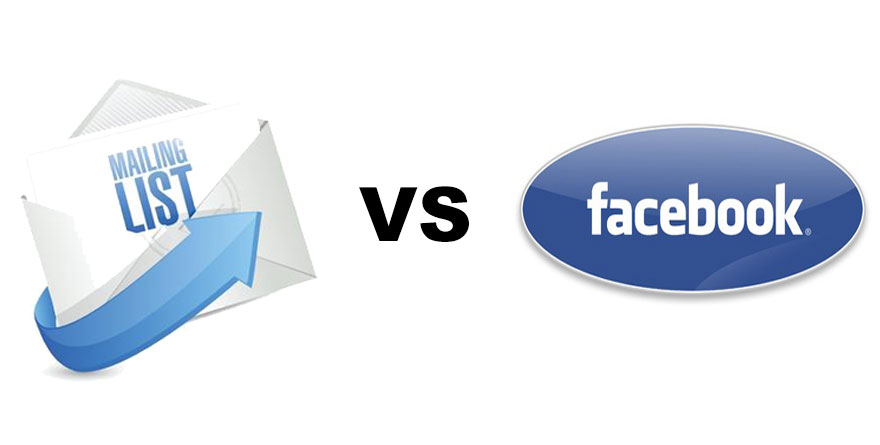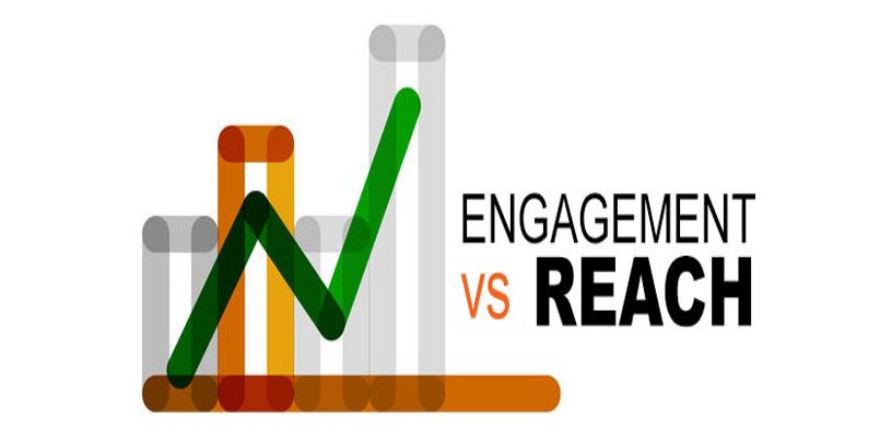If you plan on using Facebook to drive traffic to your website (you ARE doing this, right?), you need to understand the relationship between Engagement and Reach because if you don’t, you may be one of the marketers whining on the forums about your piddling 2% reach and complaining about needing to used boosted posts to reach your audience. Don’t be that guy (or girl).
Post Engagement
Engagement is a pretty broad term. The engagement metric encompasses any interaction a person has with your posts. Likes, shares, clicks, and comments are all common forms of engagement – and they are all important to a successful Facebook presence. The more post engagement your Facebook content generates, the better – because it fosters a community and relationship with your fans. Your goal should be to drive as much engagement as possible.
Facebook Reach
Reach is defined as the number of fans who see a given post on your Facebook page and it is measured as a percentage. For example, a post that is seen by 100 of your 1000 fans is considered to have a reach of 10% (1000 divided by 100). While some Facebook pages see a typical reach of 10%-20%, other experience a much, much higher reach. Some see much, much lower reach (less than 4%).
Although Facebook has made changes to its algorithm to cut down on reach in general, many Facebook pages continue to thrive with outstanding reach. Why is that?
The Relationship
Facebook wants to ensure that users are sharing useful and wanted content and they are willing to reward those who do so. That reward is improved Reach. As such, the relationship between Engagement and Reach is pretty straightforward – as Engagement improves, so does Reach. It’s really that simple.
Because of the direct relationship between these two metrics, it is critical that the Facebook page owner continues to provide quality content that is interesting to his fan base. Otherwise, reach will plummet and traffic will dry up.
Don’t Be Fake!
Now that you understand the relationship between engagement and reach, you should understand why fake likes are so detrimental to a Facebook page. In case you still don’t get it, let me explain.
Let’s assume you go out and purchase 1000 fake likes from some Fiverr seller for your new fan page. Since these likes are all fake, very few of the “fans” are going to interact with your fan page content at all, producing a terrible engagement metric for your page. If you are lucky, you may get a handful of interactions (post likes, shares, etc) – let’s assume you get five.
Why would Facebook reward you with higher reach when your content clearly is unimportant to your “fans”?
Now, on the flip side, let’s assume, instead, that you’ve run a solid Facebook “Like” campaign and built up an following of 1000 REAL fans. Since these fans are genuinely interested in your content, they are far more likely to interact with the content. Instead of receiving 5 engagements, you may see 10x or 20x that amount.
As a result, Facebook will reward you with a much better reach when you post to your fan page.
So… Before you start trying to drive traffic with Facebook, make sure you have a plan to build a REAL fan base and to provide quality content to that fan base.



